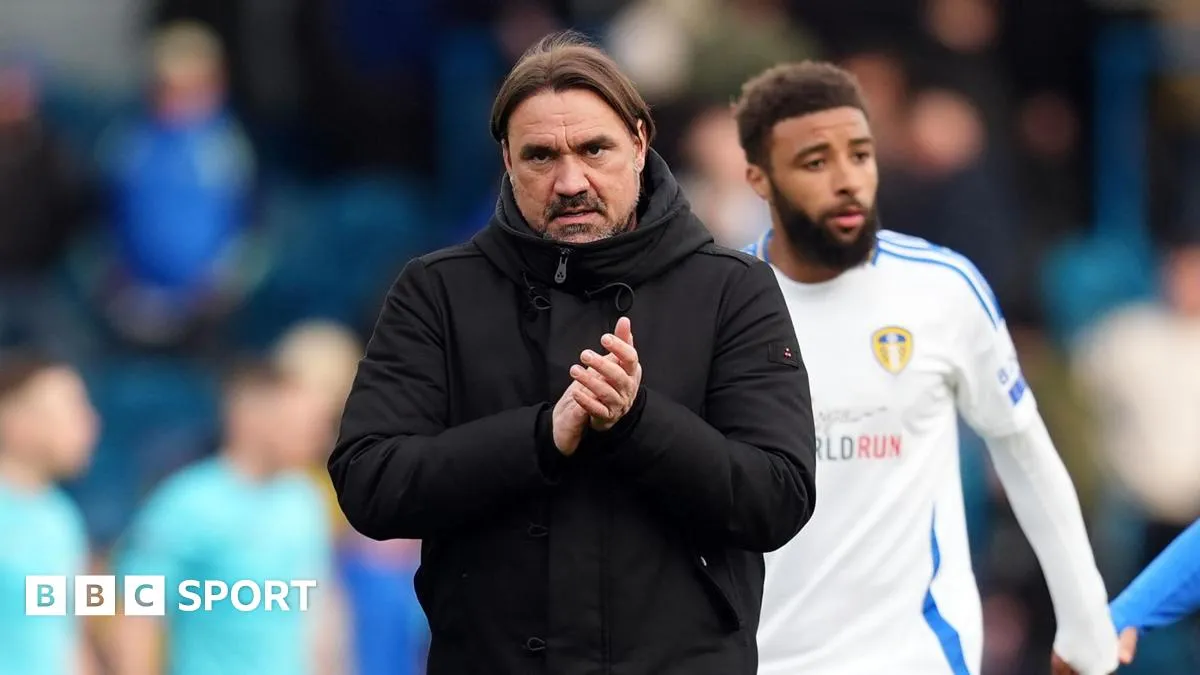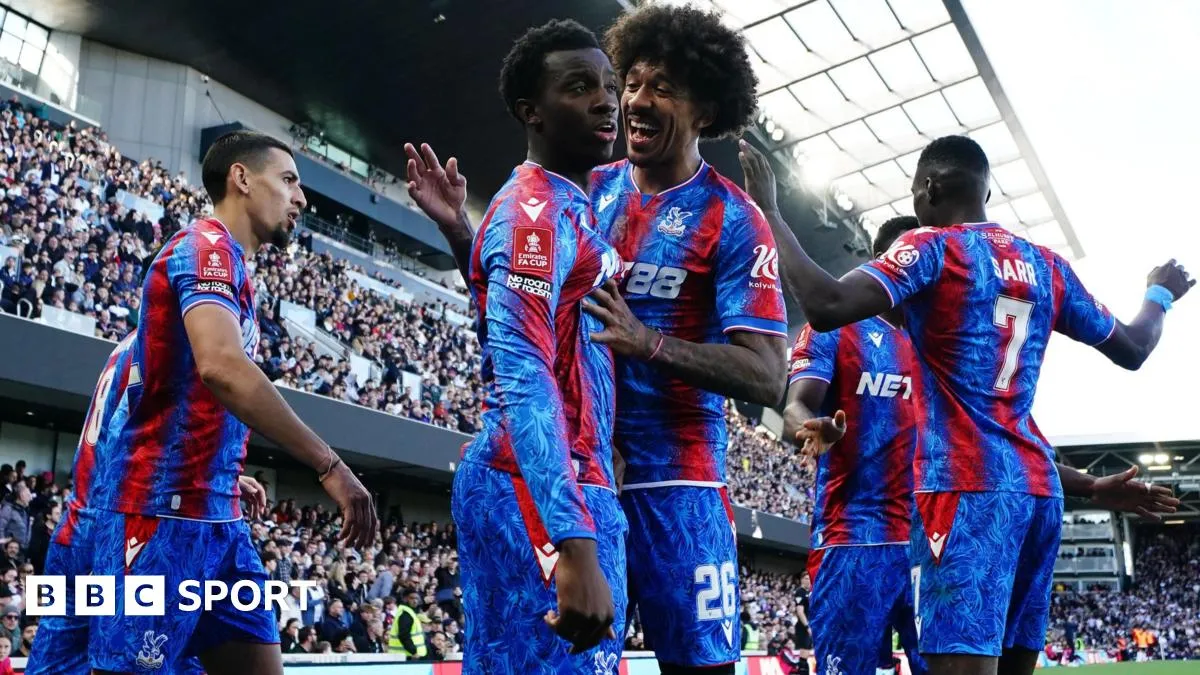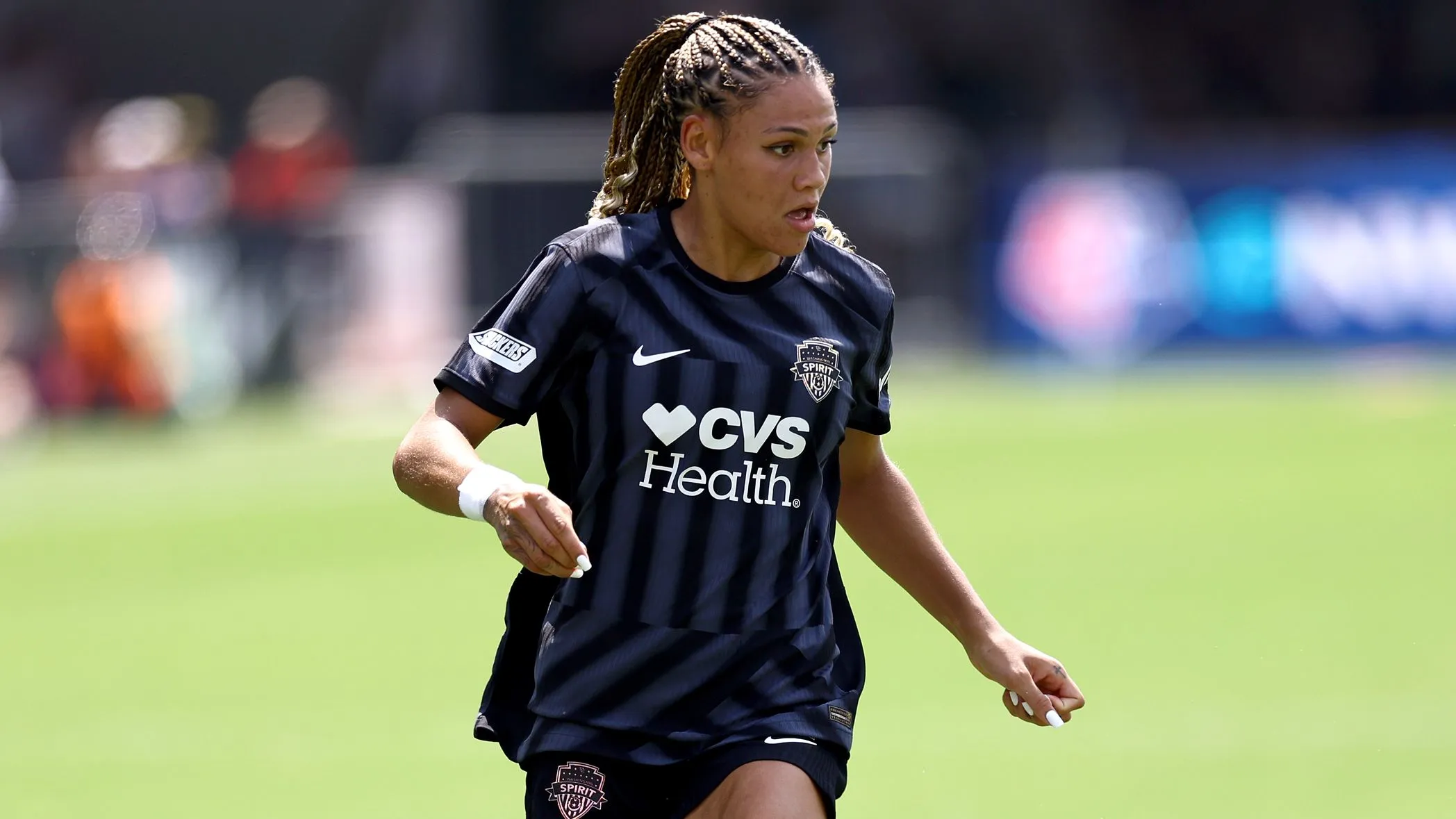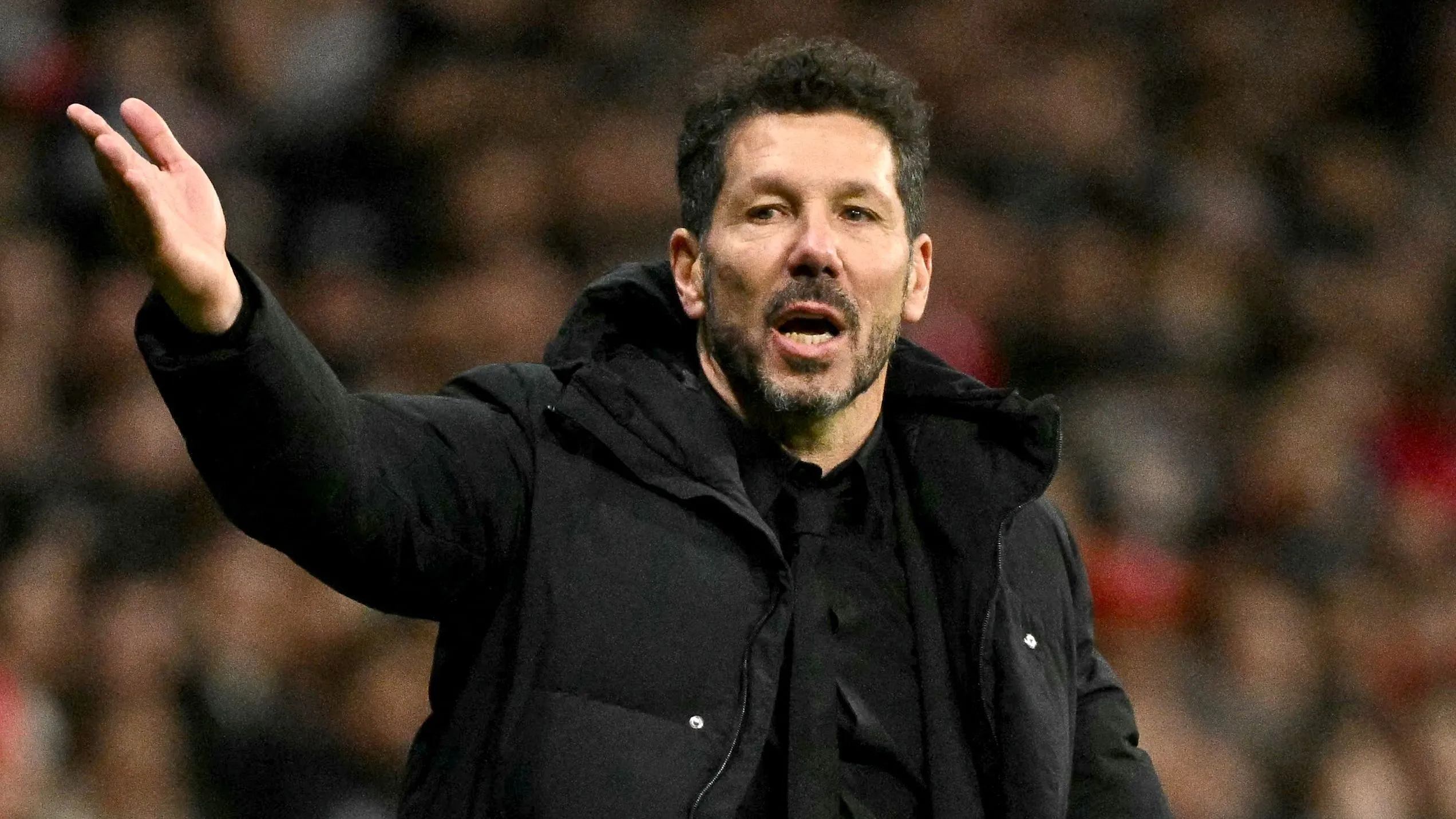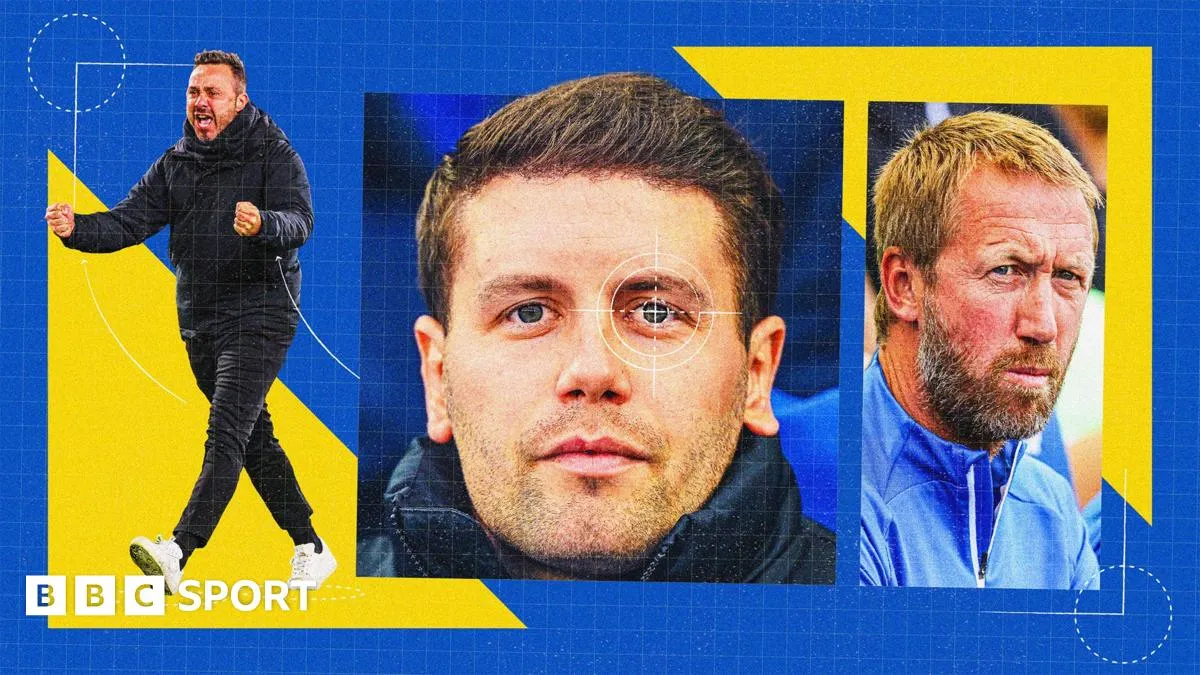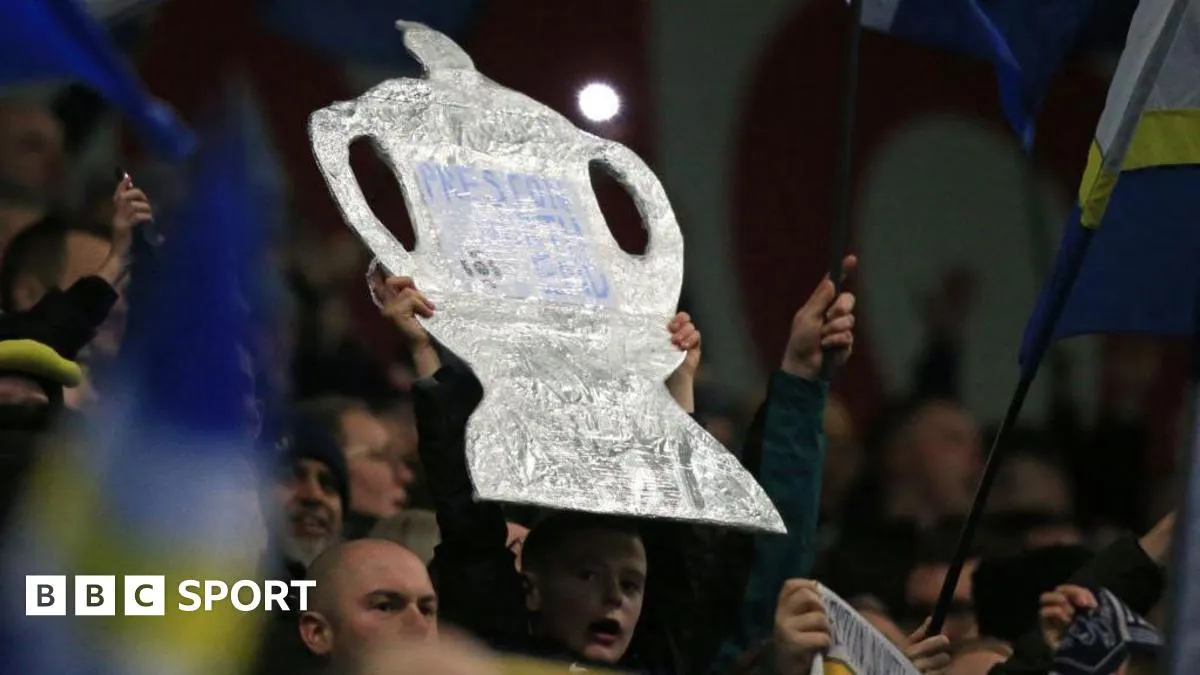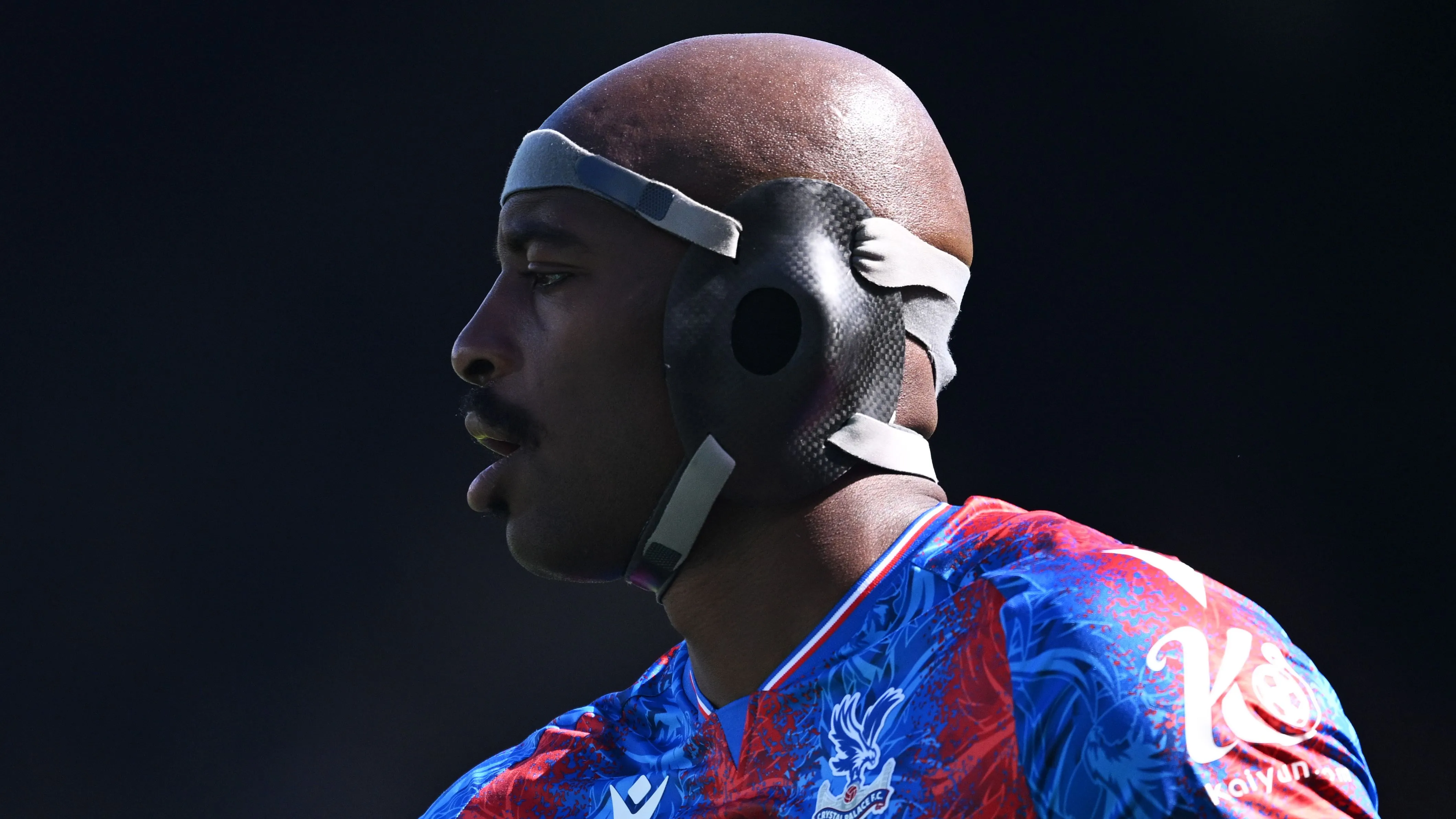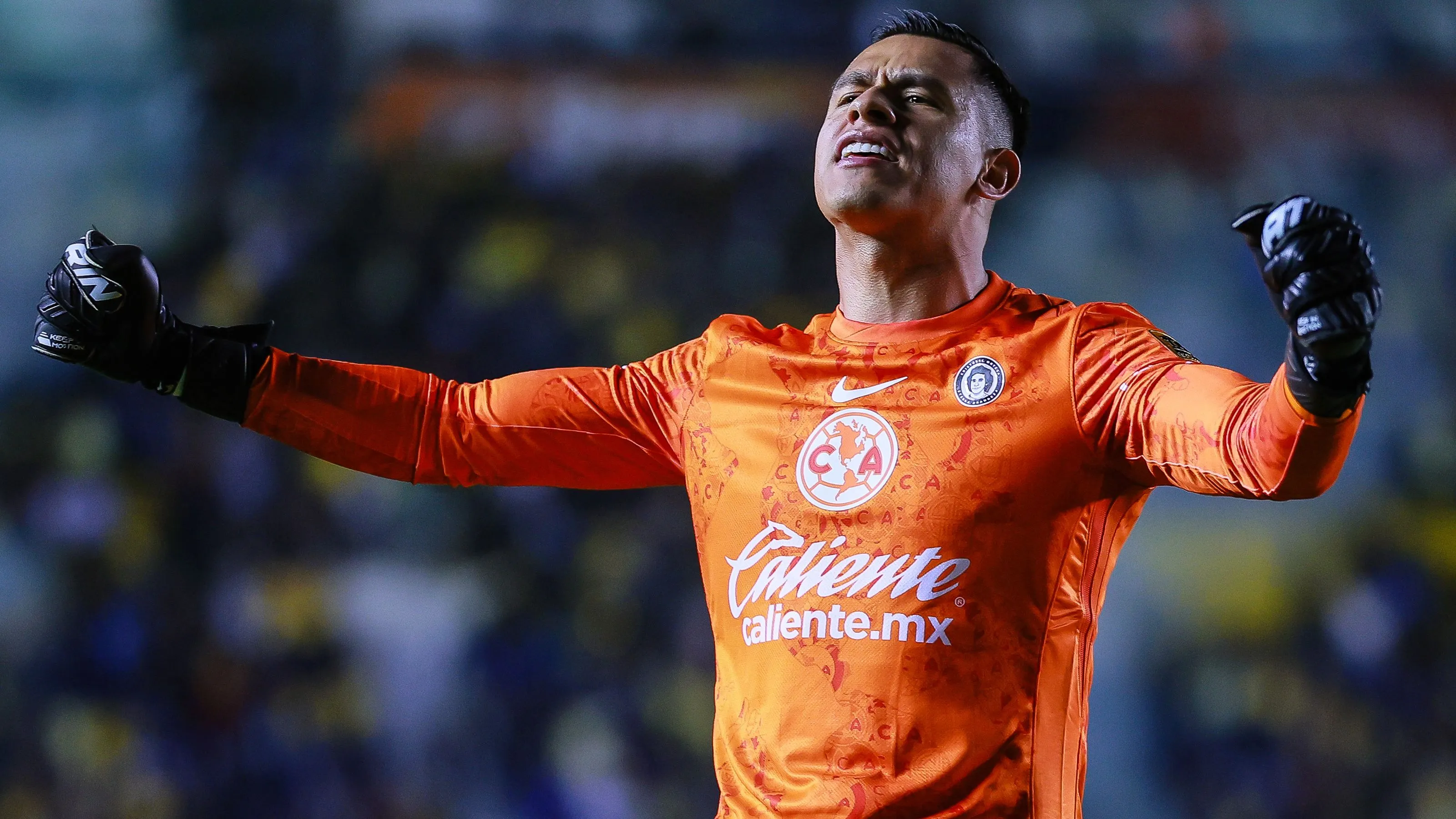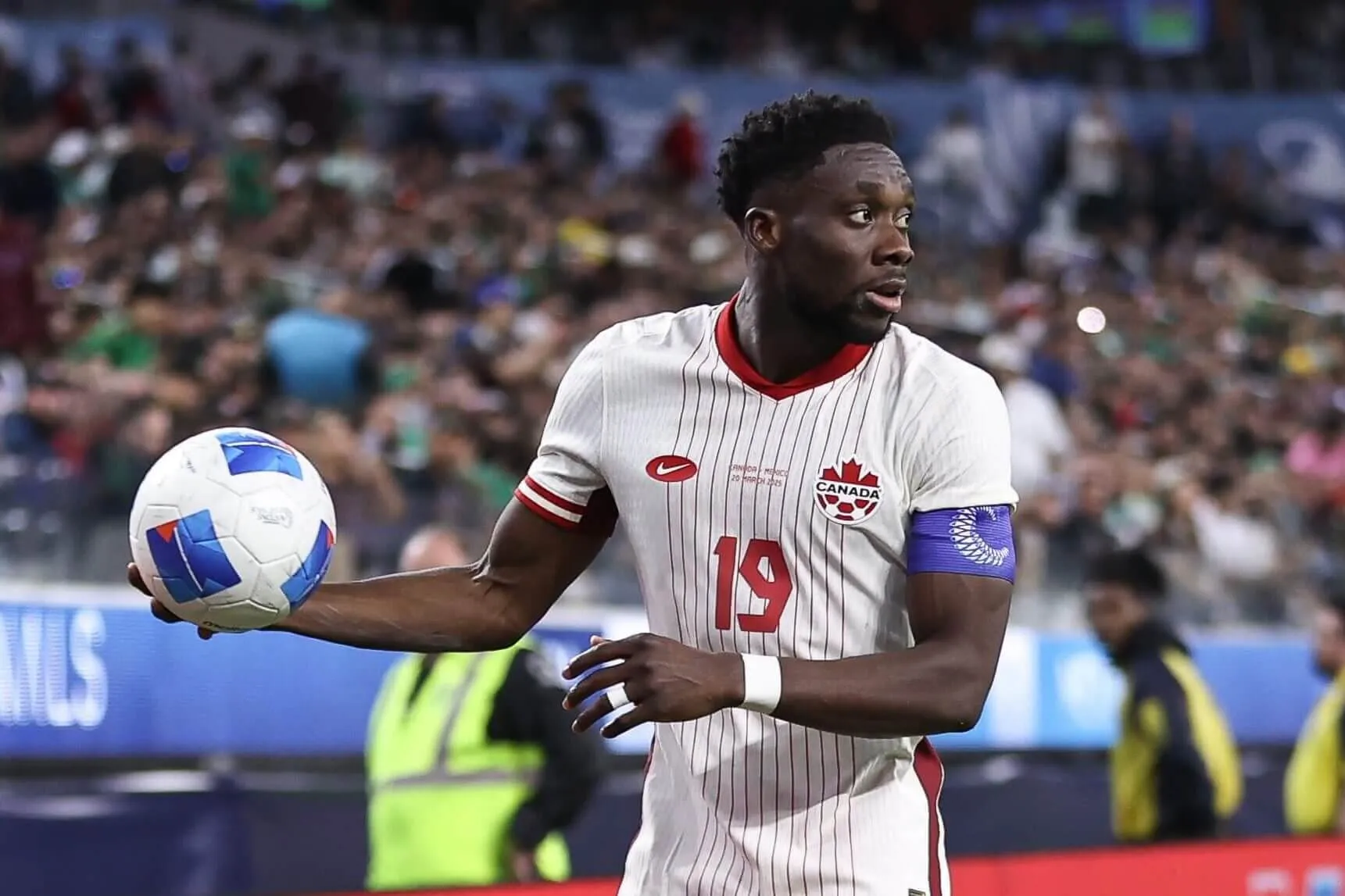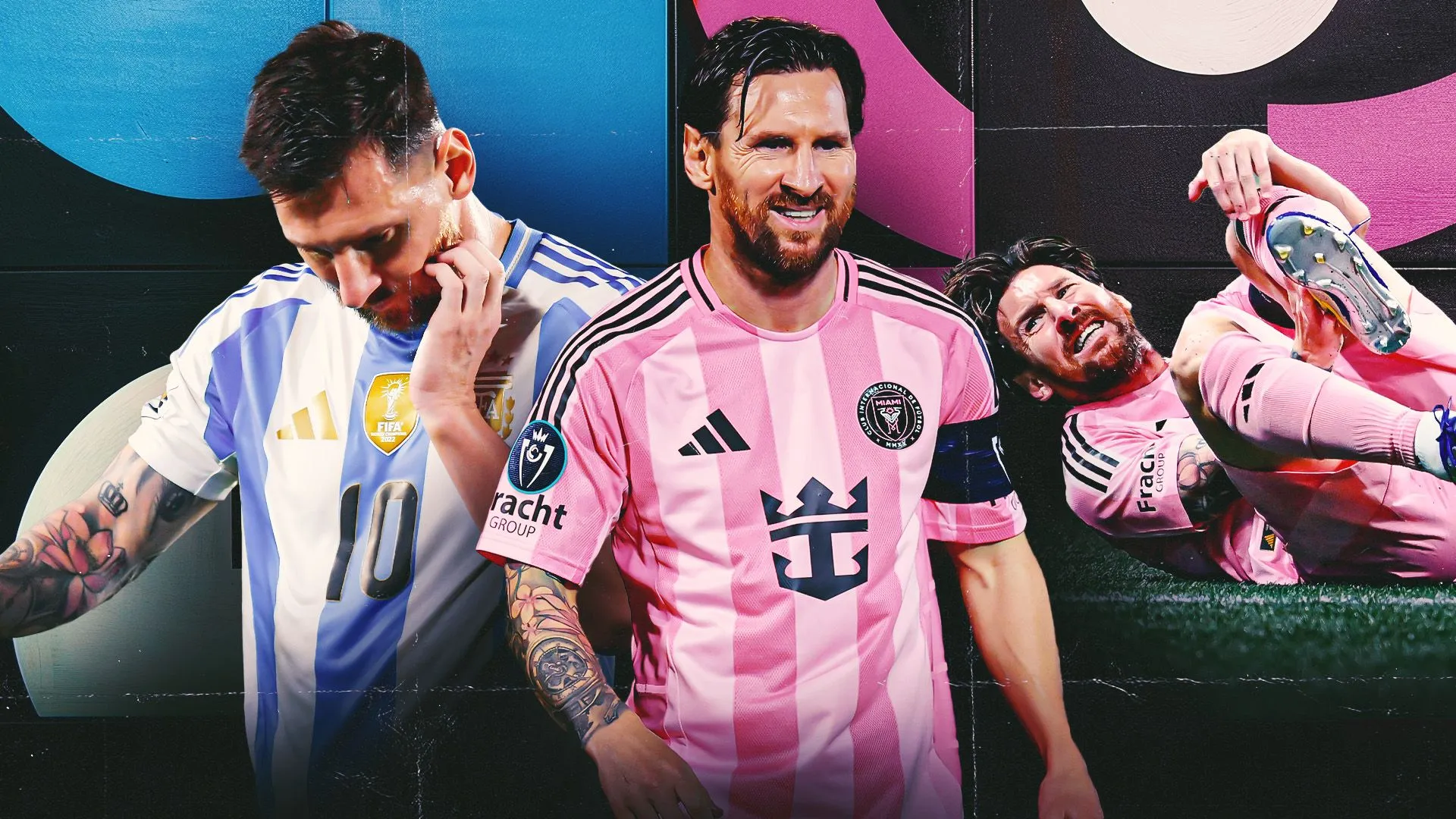
In the twilight of his career, Lionel Messi faces perhaps his most challenging opponent yet: time itself. As injuries increasingly plague the Argentine icon, questions mount over whether the Inter Miami superstar can realistically make it to the 2026 World Cup, now just over a year away.
Unlike his great rival Cristiano Ronaldo, often described as a self-made superstar who worked tirelessly for his achievements, Messi has long been viewed as possessing a divinely bestowed talent that made the beautiful game look effortless. Yet, as Xabi Alonso astutely noted in 2023, Messi's true genius lies in his decision-making – that rare ability to always select the right option at the right moment.
"He knows how and when to play simple passes," Alonso explained. "Messi says, 'You're in a better position? Okay, here, you have the ball.' It's not always about making the most brilliant move, but the best and smartest."
Given his mounting injury concerns, one cannot help but wonder if continuing his international career after the glory of Qatar might represent a rare lapse in judgment from football's greatest decision-maker.
Messi approached the 2022 World Cup as if it would be his final dance on the global stage. At 35, and no longer finding joy in his club football at Paris Saint-Germain, the international arena offered Messi something different. The toxic atmosphere of Parc des Princes gave way to the camaraderie of Lionel Scaloni's Argentina squad, making international breaks a welcome respite.
The 2021 Copa America victory had already transformed Messi's international legacy. After enduring more than a decade of heart-wrenching defeats, Messi had finally secured a major international honor. The iconic image of him dropping to his knees at the Maracana symbolized the lifting of an immense burden.
Yet the pressure to emulate Maradona remained. When Argentina shockingly lost their opening match to Saudi Arabia in Qatar, critics sharpened their knives. What followed, however, was nothing short of miraculous – Messi's stunning strike against Mexico kept Argentina's hopes alive, before he produced the most sensational string of knockout round performances since Maradona in 1986, culminating in football's ultimate prize.
As Messi kicked a ball around with his children on the tinsel-covered pitch in Lusail after the final, it seemed the perfect moment to bow out. He had completed football and settled the GOAT debate in the most emphatic fashion possible. No worlds remained to conquer, nothing left to win or prove.
Yet he chose to continue, simply because he had rediscovered joy in the game. "I love football, and what I do," Messi explained. "I enjoy being part of the national team, the group. I would like to enjoy a couple more matches as a world champion."
While he had certainly earned that right, "a couple more matches" expanded into five friendlies, five World Cup qualifiers, and an entire Copa America campaign. By the end of the latter tournament, valid questions emerged about whether Messi had made the mistake of extending his international career too long.
Though Messi made history by guiding Argentina to consecutive Copa America triumphs and a third major international trophy, the 2024 tournament in the United States revealed the physical toll of nearly two decades at the pinnacle of the sport. After contributing seven goals and three assists in Qatar, Messi managed just one of each last summer in the U.S., ultimately ending up in tears on the bench after suffering ankle ligament damage that forced him off during the final.
Despite Argentina's eventual triumph thanks to Lautaro Martinez's extra-time winner, Messi's prospects of making a record-breaking sixth World Cup appearance seemed increasingly distant. Nine months later, those chances appear even more remote.
Messi has already missed four Argentina fixtures through injury over the past year. He's set to miss another two during the current international break, ruled out of critical matches against Uruguay and Brazil due to "discomfort in his adductor region."
What's particularly concerning is that this injury has occurred despite Inter Miami's careful management of his playing time. Messi has completed a full 90 minutes just three times since the start of the 2025 season and was rested for three consecutive matches earlier this month as coach Javier Mascherano attempts to protect the reigning MLS MVP without compromising the team's competitiveness.
"What if we don't give him a certain rest and he ends up injured?" Mascherano questioned on March 6. "We don't want him to be out for a month." The fact that such an extended absence now looms as a genuine possibility raises serious concerns for both club and country.
Messi's significance to Inter Miami extends far beyond the pitch. His presence alone draws spectators to games – when he doesn't play, some clubs feel compelled to offer compensation to disappointed fans. Yet his value as a player remains immeasurable.
"Messi is the soul of this team," Mascherano acknowledged last month. "He is like a kid playing football and he doesn't want to lose. For us, it's a big, big advantage to have him because it's not just about what he does on the pitch. It's what he translates to his team-mates and all that he does with his 37 years of experience."
"He's not just playing in attack either, he helps us in defence and by running the whole midfield. He's magnificent."
It's unsurprising, then, that Miami co-owner Jorge Mas is determined to extend Messi's contract beyond its December expiration – particularly with the franchise moving to a new stadium next year. Meanwhile, Barcelona will likely return to a renovated Camp Nou in 2026, with recent rumors suggesting president Joan Laporta dreams of bringing Messi back for the grand reopening, potentially writing one of football's greatest fairy-tale endings.
The reality, however, is that Messi's capabilities by the end of the current campaign remain uncertain. Tellingly, the man himself remains noncommittal about his World Cup prospects.
"I didn't set any date or deadline," the Argentina captain stated after netting a hat-trick against Bolivia last October. "I'm just enjoying all this. I am more emotional than ever and taking all the love from the people because I know these can be my last games."
"It's a joy to be present and appreciate this moment. Being surrounded by younger team-mates, given my age, makes me feel like a kid again. I find myself doing silly things because I feel so comfortable, so, as long as I maintain that feeling and can continue contributing to the team, I intend to be here enjoying [playing for the national team]."
For neutral observers, witnessing Messi's genius one final time on football's grandest stage would be a privilege – but only if he's genuinely fit to perform. Perhaps the wisest decision would have been retiring after Qatar, or at least after last year's Copa America, as continuing through to the 2026 World Cup risks the kind of diminished performances that have somewhat tarnished Ronaldo's legacy at recent tournaments.
Encouragingly, Messi has spoken about stepping away once he feels he's hindering rather than helping teammates he deeply cherishes. He clearly recognizes that his end-game has begun. The pressing concern is that his body might capitulate before he's mentally prepared to walk away, rendering plans and predictions ultimately meaningless.
Messi may well be the greatest decision-maker football has ever witnessed, but this final choice might ultimately be made for him rather than by him.

